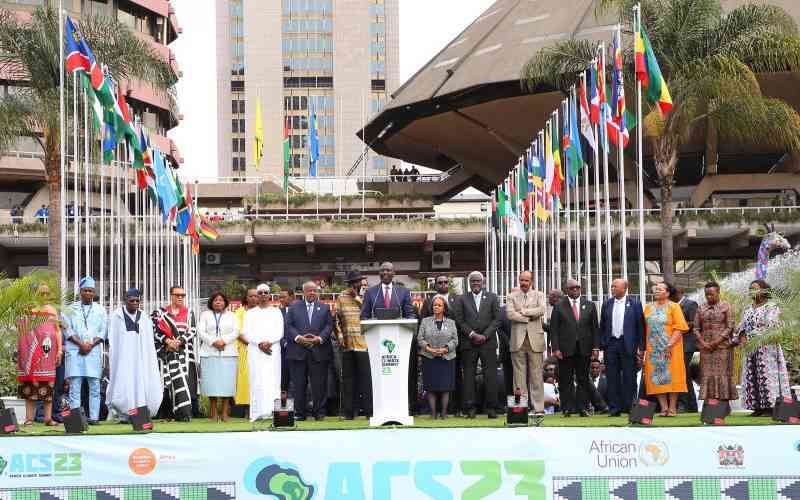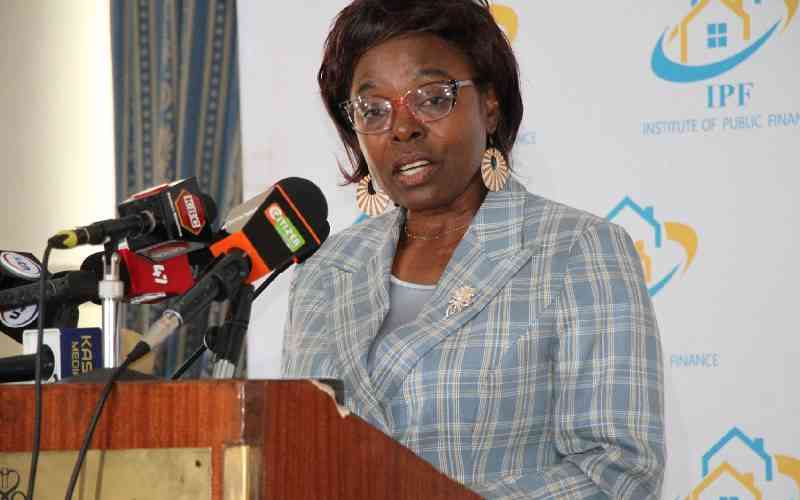×
The Standard e-Paper
Fearless, Trusted News

Like many non-attendants of the Africa Climate Summit, I relied on media reports for update on the goings on at the continental jamboree.
I was therefore concerned when most of the international media focussed on that portion of President William Ruto's speech about the conference not being about North-South blame sharing but on jointly finding solutions.







